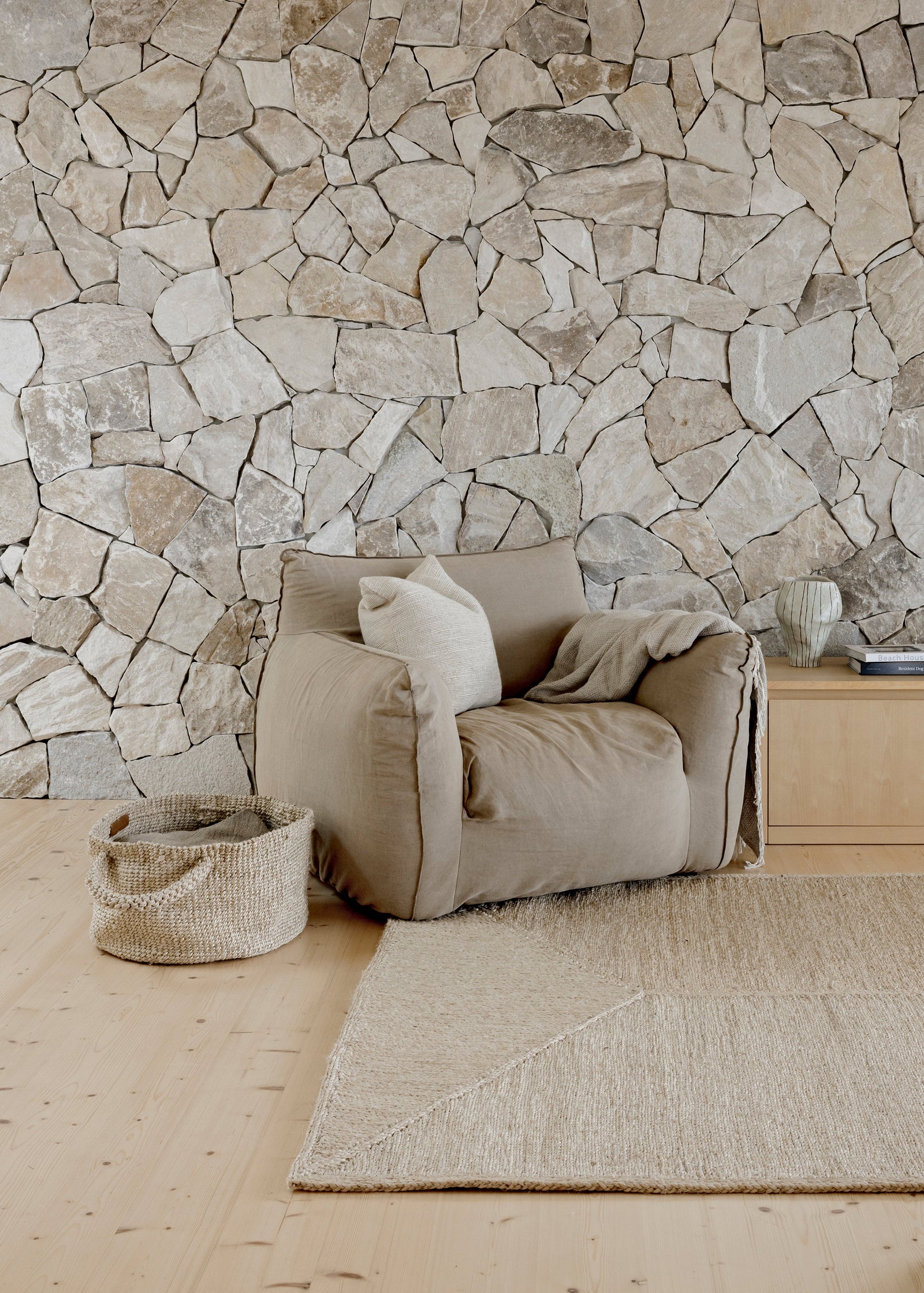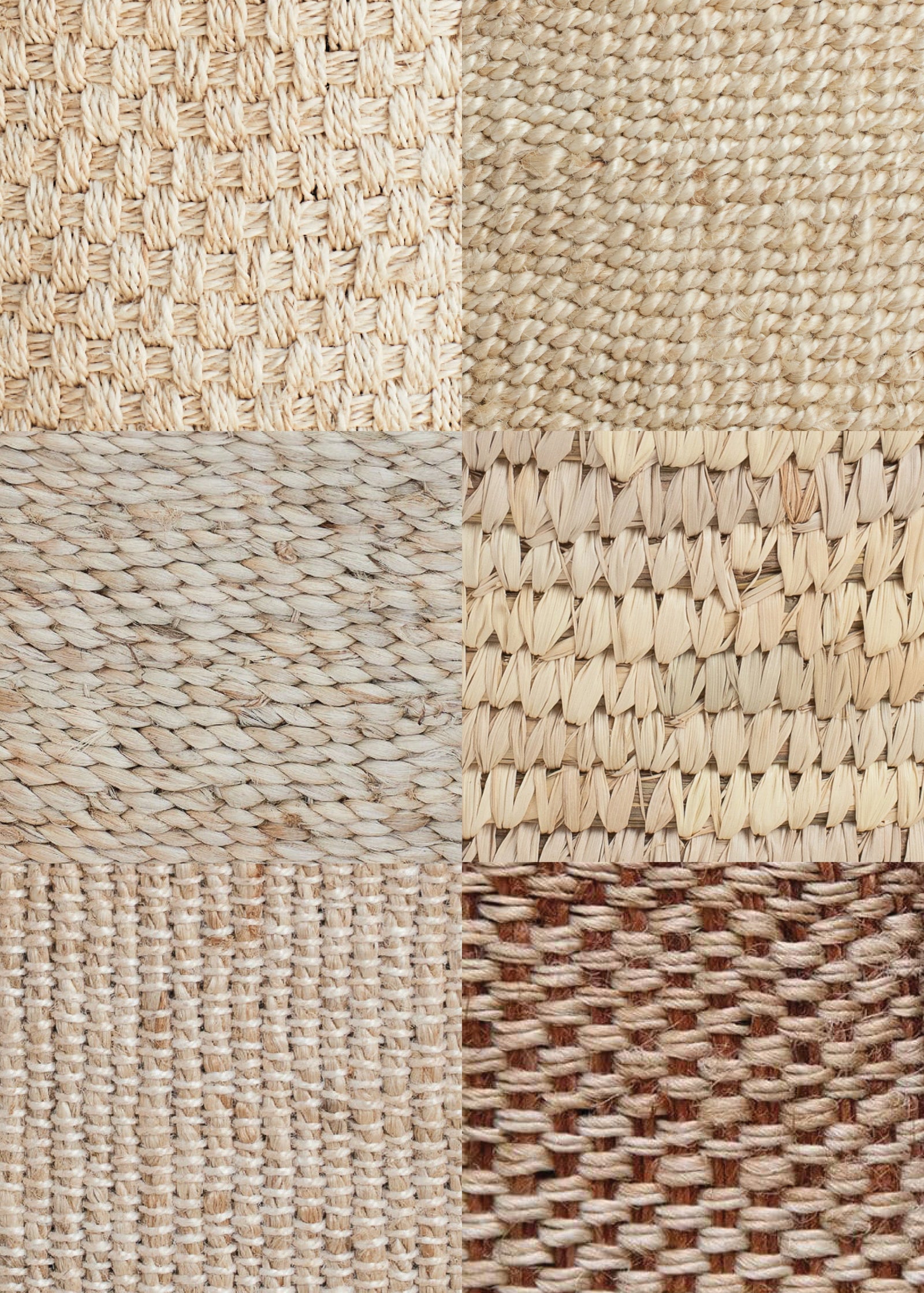Wall Art
Baskets
Rugs
TABLEWARE
Textiles
LIGHTING
DECORATIVE
BAGS
The 10 Principles of Fair Trade

World Fair Trade Day is celebrated on the second Saturday of May each year. As a Fair Trade business, it’s a great opportunity to celebrate the profound impact this approach to business has in the lives of the people who craft our products. At its core, the global Fair Trade movement is about placing people and the planet before profit. We achieve this by trading products in a more holistic way - one which prioritises important considerations like working conditions, fair wages, equality and our natural environment.
The seeds of this way of doing business began as a method to help disadvantaged communities use their handicraft or farming skills to make money – rather than a charity mindset – because this approach is ultimately more empowering and long-lasting. As the movement developed, so did various guidelines to ensure that certain standards were being met, including the 10 Principles of Fair Trade, developed by the World Fair Trade Organisation.
The Dharma Door partners with organisations around the world that are members of the WFTO who must demonstrate how they are meeting and working towards the ten principles every two years. This is one of the ways that we make sure that our own focus is achieved: to empower as many people as possible out of the cycle of poverty. As we celebrate World Fair Trade Day, we thought it timely to have a look at the principles and how we and our partners work with them as a part of our business every day.

1 Financial opportunity
The first principle focuses on creating opportunities for people who are economically disadvantaged to make money. It is about reducing poverty through trade and building self-sufficiency.
2 Transparency & Accountability
The second principle requires transparency in all management and commercial activities and for workers to be involved in decision making. This approach needs to be freely shared with trading partners.
3 Fair Trade Practices
The third principle states that an organisation must trade with concern for the social, economic and environmental well-being of marginalised small producers and not maximise profit at their expense. Payment approach, timing, negotiations and competition are covered in this principle, as is the protection of cultural identity and traditional skills.

4 Fair Payment
The fourth principle states how fair payment can be reached - including the amounts that are paid during a trade, how this amount is calculated and how fair wages are set.
5 Protection from Child & Forced Labour
The fifth principle requires all Fair Trade organisations to adhere to the UN Convention on the Rights of the Child and national or local law on the employment of children. Organisations must ensure there is no forced labour.
6 Discrimination, Gender Equity & Female Empowerment
The sixth principle maintains that organisations are free of discrimination based on race, caste, national origin, religion, disability, gender, sexual orientation, union membership, political affiliation, HIV/AIDS status or age in the areas of hiring, remuneration, training access, promotion, termination or retirement. This principle ensures women receive equal pay and opportunities, along with an understanding of female health and breastfeeding needs.

7 Working Conditions
The seventh principle states that organisations must provide a safe and healthy working environment by working with international labour standards, including working hours.
8 Build Capacity
The eighth principle asks organisations to provide positive development for small and marginalised producers through Fair Trade. This means that producers receive support to develop and improve their skills, management, production and their ability to attract new customers.
9 Promote Fair Trade
The ninth principle focuses on raising awareness of the aims of Fair Trade and the need for greater justice in world trade through Fair Trade.
10 Respect for the Environment
The tenth principle maintains that organisations that produce Fair Trade products maximise the use of raw materials from sustainably managed sources in their product ranges, buying locally wherever possible. This principle covers production technologies that reduce energy consumption, renewable energy, waste and options to use using organic or low pesticide production methods wherever possible.

Working with the 10 Principles of Fair Trade at The Dharma Door
The Dharma Door collection has always been crafted by partnering with Fair Trade organisations and artisans. These partners run a variety of programs in multiple locations to support disadvantaged communities in many vital ways, including sustainable farming, clean water, sanitation, education, health and gender equality. The Dharma Door is connected with programs that support the production of handmade items, often tapping into an important cultural legacy of crafting with locally-grown natural fibres and materials.
We have always aligned with the WFTO Fair Trade principles. Since 2004 we have developed long term relationships with not-for-profit NGO partners who must meet or work towards meeting these principles to receive their ongoing accreditation. In particular, we align with partners that focus on female empowerment. These partners support women in rural communities to benefit from their artisan skills by providing training, access to global markets and fair wages.

To develop our collection, we travel to artisan communities regularly to observe the skills, techniques and raw materials that are already available there. Sometimes we also spot longstanding craft practices that are being used in daily life that we know others would appreciate. With this knowledge, we create contemporary designs in collaboration with our artisan partners that play to artisan strengths, rather than introducing designs and techniques that are foreign to them.
We work with our partners to define our quality expectations. This is explained to the artisans before new items are introduced and throughout the production process. This is how we guarantee the quality of our products and support the skill development of artisans - a key ingredient to building a business that is strong enough to support people long term.

The fibres we use are completely natural, so they are not only gentler on the environment and a nourishing option for people’s homes, but also healthy for the people who make our collection. We opt for natural processes such as natural dye and hand stitching to create work for traditional artisans and reduce our impact on the environment by avoiding the carbon emissions associated with machine manufacturing.The women work together in custom-built workspaces or their homes so they can tend to their other commitments. These are positive and vibrant workspaces, where there is often lots of laughter and chatter - a healthy, safe and secure place to be on many levels.
By providing ongoing orders over a long period of time we have been able to contribute to creating secure employment for the women. It is this security that ultimately enables them to make life-changing choices, particularly when it comes to the education, health and financial future of their family. This stronger foundation is empowering the women to act against child marriage for their daughters. Often earning more than their husbands, it has also shown to enhance their marital relationships and decrease family violence - a major achievement in predominately patriarchal societies that is being modelled to the next generation.

Here in our home base in Australia, these ten principles filter through many of the choices we make during the day-to-day running of The Dharma Door, impacting everything from the recycled packaging we use to send parcels to the relationships we form with others to promote our collection.
To read more about how we work, visit the How We Work page of our website. You might also like to look at the pages about our Artisans & Partners and How We Design. For more information about female empowerment, take a look at the journal post How We Build a Brighter Future for Women & Girls. And view a short video about The Dharma Door approach to Fair Trade.
LEARN MORE ABOUT OUR APPROACH TO FAIR TRADE
Also in Journal
Notify me when available
We will send you a notification as soon as this product is available again.
We don't share your email with anybody












